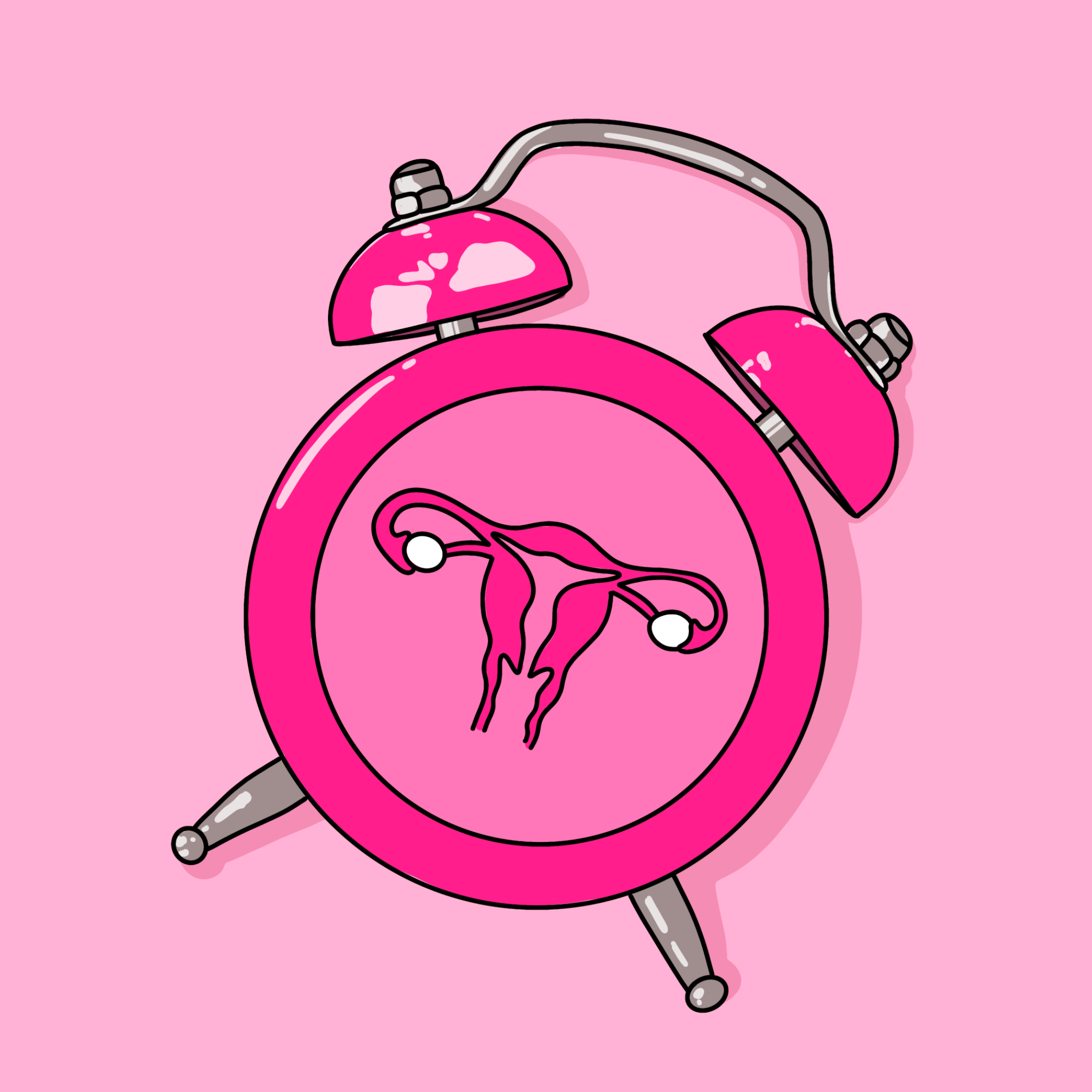Hertility, a reproductive health company improving our accessibility to hormone and fertility care, has released a report which aims to improve reproductive healthcare for Black women in the UK.
'The Inequality Report' is the first of its kind and contains data from over 8,000 Black women. It provides a comprehensive review of the experiences of Black women, from menstruation through menopause, and reveals a shocking lack of UK-specific data on Black women’s reproductive health.
The report highlights several concerning findings, including that Black women are more likely to have a pre-existing reproductive health condition and irregular periods, as well as have a higher risk of sexually transmitted infections than White women.
The report outlines three key areas that require dedicated commitment from organisations, including Hertility, to drive equitable change: research, education, and action. The Black Women’s Health Initiative, led by an all-female group of scientists and advocates, aims to tackle the devastating healthcare inequalities that Black women face by utilising the dataset and platform that Hertility has pioneered.
The Main Findings
1. 4⁄5 (79.9%) Black women report experiencing at least one symptom, the most common being fatigue
2. Menstrual cycle irregularities are common in Black women: over 1⁄5 (22.4%) of women reported having irregular periods, and over 1/10 (11.6%) reported having heavy periods
3. Sexually transmitted infections are more commonly reported by Black women compared to White women, and Black women were 8x more likely to report a previous Trichomoniasis (Trichomas Vaginalis) infection than White women (4.2% vs 0.5%)
4. Black women were more likely to have a pre-existing reproductive health condition and were more than 6x more likely to report a diagnosis of fibroids or uterine polyps compared to White women (14.3% vs. 2.3%)
5. 1⁄5 (20.2%) Black women reported they were smoking occasionally or regularly, and 37.7% were consuming alcohol on a weekly basis whilst actively trying to conceive
6. Black women who were trying to conceive approached Hertility at an older age (1.5-3.6 years older) and were more likely to be trying to conceive for 5+ years compared to White women (14.4% vs. 8.9%)
7. Of those who had experienced a pregnancy, 51.5% of Black women had a termination (abortion) compared to 37.7% of White women
Ruby Ross Relton, Hertility Senior Research Associate and Black Women’s Health Initiative Project Leader, says:
“It’s unacceptable that Black women are not getting access to the care they need. From the moment they start their periods to long after they’ve been through menopause, they have to advocate for themselves in a healthcare system that, more often than not, fails them. We, at Hertility, are dedicated to continuing the important work already being done in this space and to contribute to changing this by using our data and research.”








